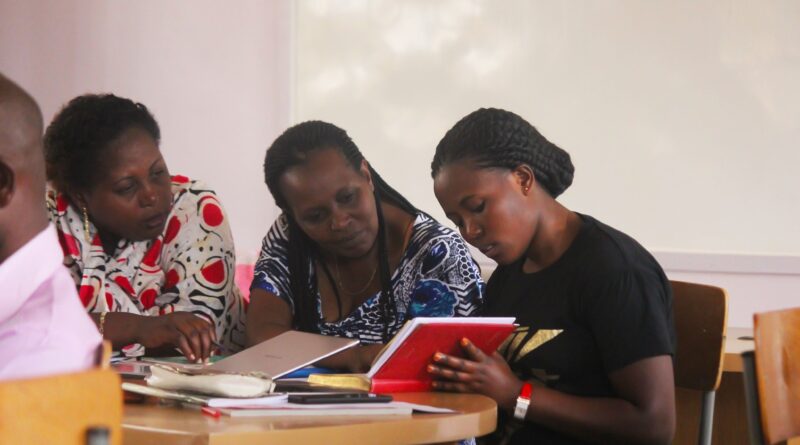Women Barriers in African Universities
Women Barriers in African Universities
Despite progress in access to education, women in higher education across Africa continue to face discrimination, harassment, and exclusion from leadership positions. A recent study by the British Council in partnership with the African Network for Internationalization of Education highlights systemic challenges that limit women’s opportunities in universities across Ghana, Kenya, Nigeria, and South Africa.
Persistent Discrimination and Harassment
The research, titled Higher Education Gender Analysis Access to Employability and Entrepreneurship Opportunities, reveals that gender-based discrimination remains widespread. Female students and staff often encounter subtle and overt harassment, while policies designed to protect them are poorly understood and rarely enforced.
According to the report, socio-cultural norms continue to prioritize boys’ education, contributing to early marriages, higher dropout rates, and limited access to professional opportunities for women. Female graduates face higher unemployment rates compared to their male peers, reflecting the deep-seated inequalities that persist even after women complete their education.
Leadership and Representation Gaps
Women’s representation in university leadership and decision-making remains low across the four countries studied. Leadership positions are often dominated by men, and institutional practices frequently reinforce these disparities. The study emphasizes the need for affirmative action in faculty recruitment, student admissions, and funding for women-led initiatives to create more inclusive academic environments.
ALSO READ: Early Diagnosis Can Cut Hepatitis B Cases in Nigeria
Calls for Policy Reforms
The research recommends comprehensive reforms to make higher education more gender responsive. Suggested measures include clear anti-harassment policies, gender-sensitive student support services such as childcare and flexible learning arrangements, and targeted scholarships for female students. It also advocates for integrating entrepreneurship education and digital skills training into university curricula to enhance employability and economic independence for women.
Systemic Change for Inclusive Growth
The British Council highlights that achieving gender equity requires systemic change involving universities, governments, industry partners, and funders. Programs like Innovation for African Universities and Going Global Partnerships provide models for embedding gender equality in policy and practice. By scaling such initiatives, institutions can empower women to contribute fully to Africa’s development.
The report stresses that Africa cannot afford to leave half of its talent behind. Unlocking the potential of young women is essential for driving innovation, fostering inclusive growth, and building resilient economies. Women should not only access higher education but also be positioned to lead and influence societal transformation.
ALSO READ: NC State Students Gather in Worship: ‘Glory to God’
Data-Driven Insights
The study applied the Accountability for Gender Equality in Education framework, a UNESCO-developed model, to ensure evidence-based recommendations. This approach considers intersectional factors such as class, ethnicity, and geography, highlighting how overlapping inequalities affect women differently across contexts.
The findings reveal that although enrollment in higher education has increased, sub-Saharan Africa still lags globally. Only about ten percent of women are enrolled in higher education compared to the global average of over forty percent. Furthermore, sixty percent of young people who are not in education, employment, or training are women, showing the ongoing barriers to both learning and economic participation.
Transforming Ambition into Opportunity
The report concludes with a call to action for education leaders, policymakers, and funders to collaborate on systemic reforms that transform access into empowerment. By implementing gender-responsive policies, expanding funding for female students, and fostering inclusive environments, universities can help women realize their full potential.
In an era where Africa’s future depends on innovation, entrepreneurship, and human capital, ensuring gender equity in higher education is not just a moral imperative but a strategic necessity. Women are poised to be architects of the continent’s next chapter, and universities must provide the platforms, support, and opportunities necessary to make this vision a reality.
Content Credit: Ohidah Oluwaferanmi
Image Credit: twitter.com




